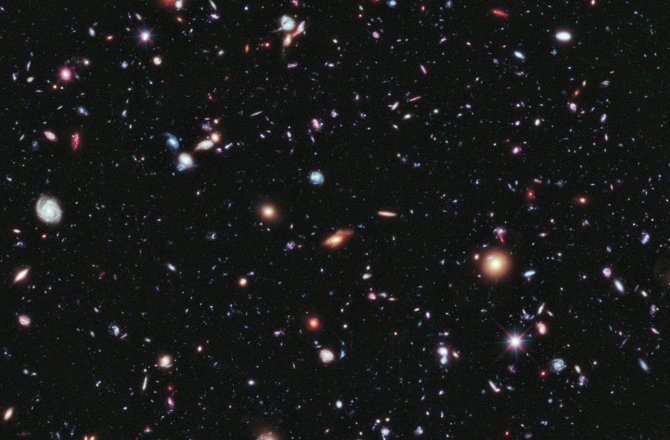Two billion years ago, the universe was producing twice as much energy in wavelengths of both ultraviolet and infrared light as it is today, a new study shows. Does this mean our universe is slowly dying? One thing is certain: it continues to fade.

“Newer galaxies are simply putting out less energy than galaxies did in the past,” astronomer Mehmet Alpaslan, with NASA’s Ames Research Center in Mountain View, Calif., said.
For about two decades, scientists have suspected that our universe was fading, but didn’t have the full picture. According to the Galaxy and Mass Assembly (GAMA) project and the largest multi-wavelength survey ever conducted, scientists discovered that older stars are fading out faster than new stars are being formed.
The GAMA group used ground-based and space telescopes, including Europe’s Visible and Infrared Survey Telescope for Astronomy (VISTA) and its VLT Survey Telescope, NASA’s Wide-field Infrared Survey Explorer (WISE) and its now-defunct Galaxy Evolution Explorer (GALEX) space telescopes, and European Space Agency’s retired Herschel space telescope to study a large portion of our universe and get a better understanding of how this is happening.
Researchers studied a total of 21 output energy wavelengths from far ultraviolet to infrared, discovering that the decline is seen across all wavelengths.
“Once you've burned up all the fuel in the universe, essentially, that's it,” said Joe Liske of the University of Hamburg, one of the members of the research team. “The stars die, like a fire dies, and then you have embers left over that then glow, but eventually cool down. And the fire just goes out.”
Using this new GAMA data, astronomers and scientists plan to conduct a variety of studies, ranging from understanding how different stars form and evolve in diverse environments to the rates galaxies form at and how this is affecting evolution.
“We’re phasing toward doing more science with the data, rather than just analyzing,” Alpaslan said. “We’ve surveyed a large enough region for this to be representative.”
Before this comprehensive study, scientists were not entirely aware of if the universe was truly dying. “This pretty much closes the case: Yes, it's coming to an end,” John Beacom, a physicist and astronomer at Ohio State University said.
Not to worry, scientists expect it to be a few billion years before the final light of the universe goes out.
Source: Discovery
Advertisement
Learn more about Electronic Products Magazine





